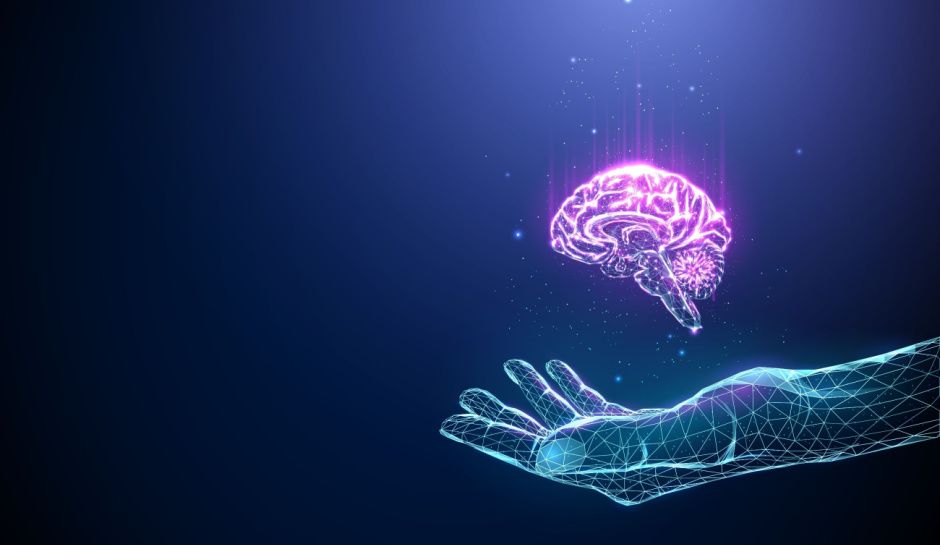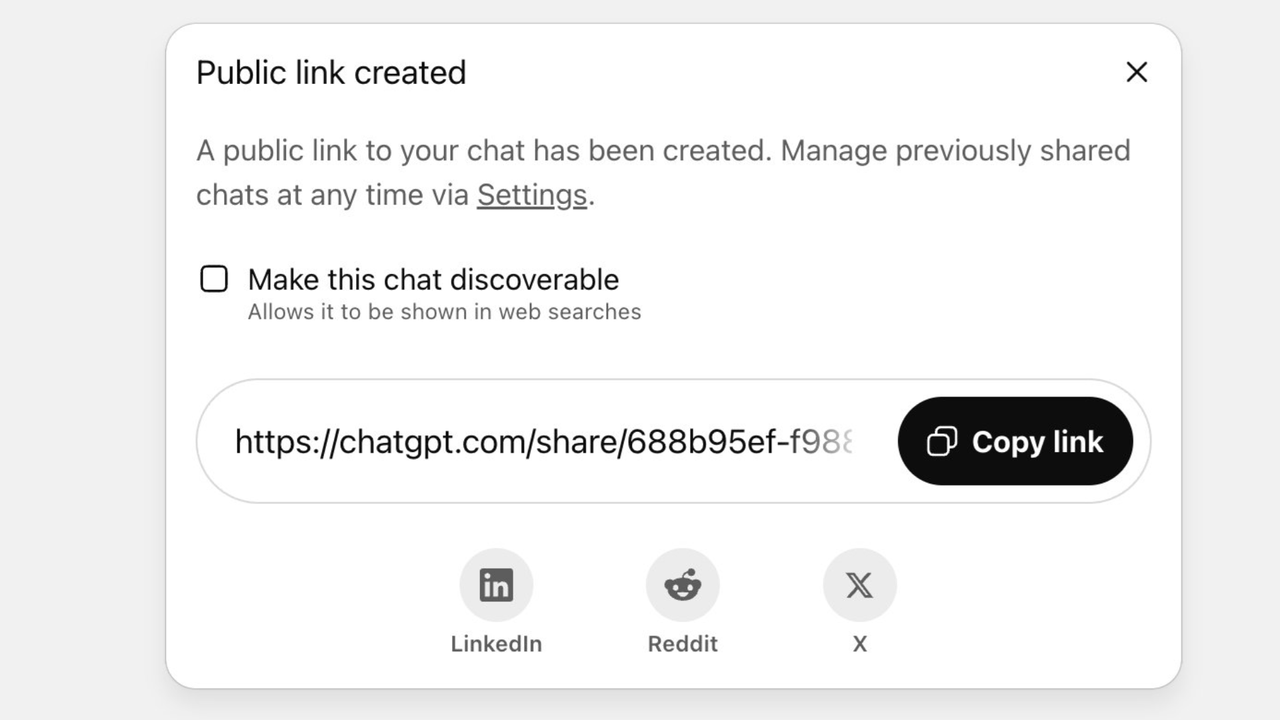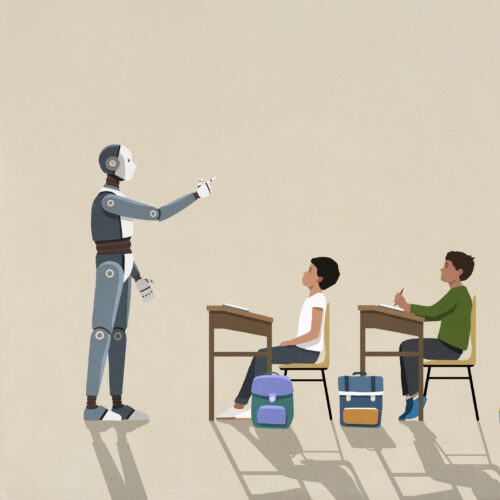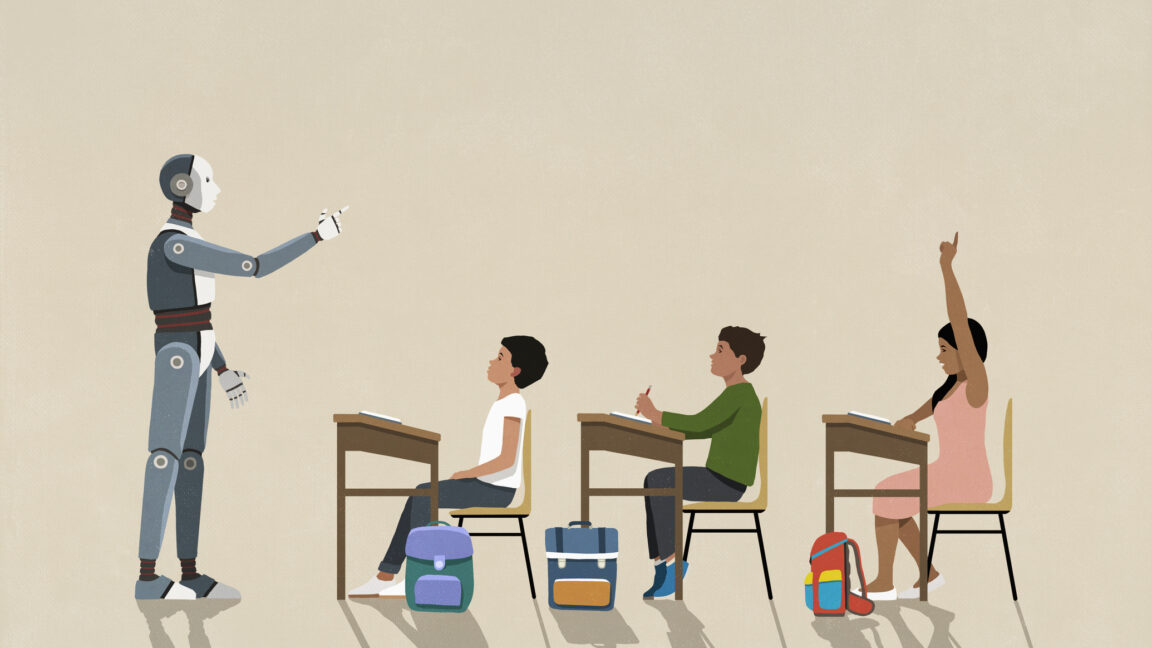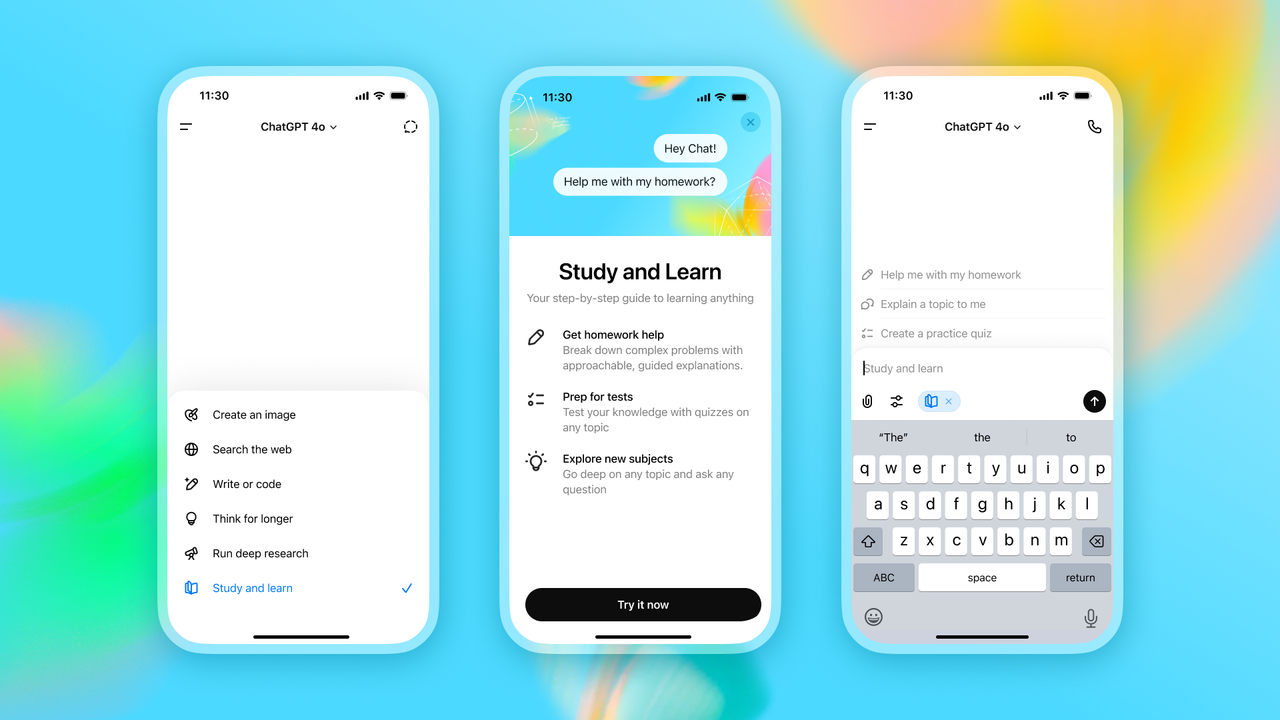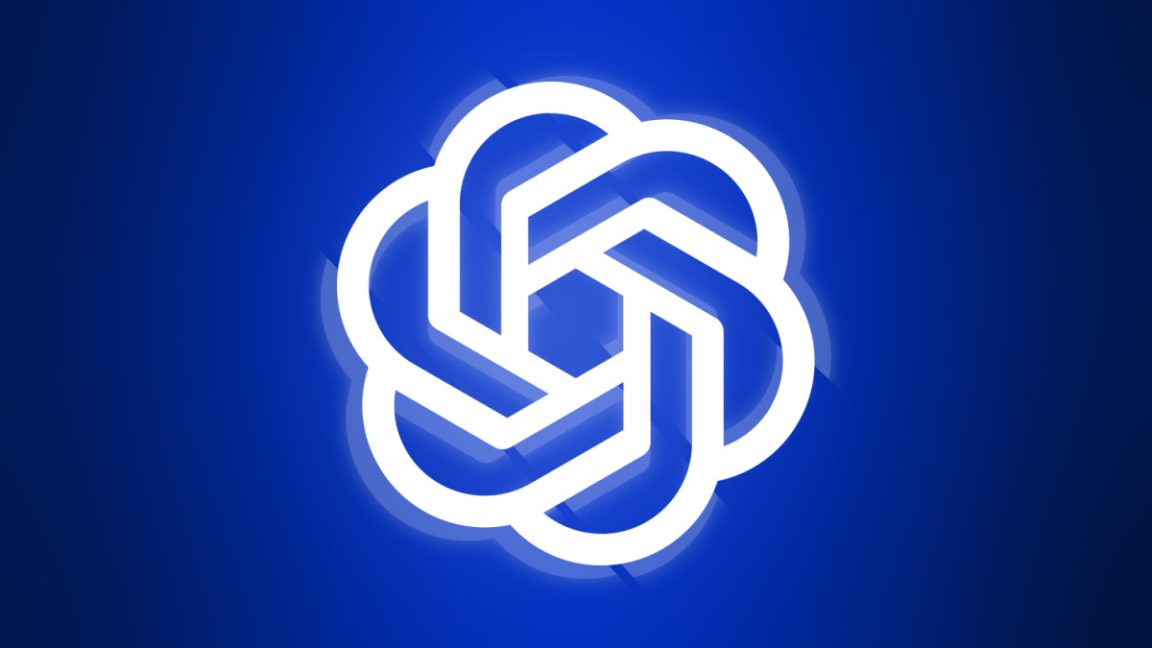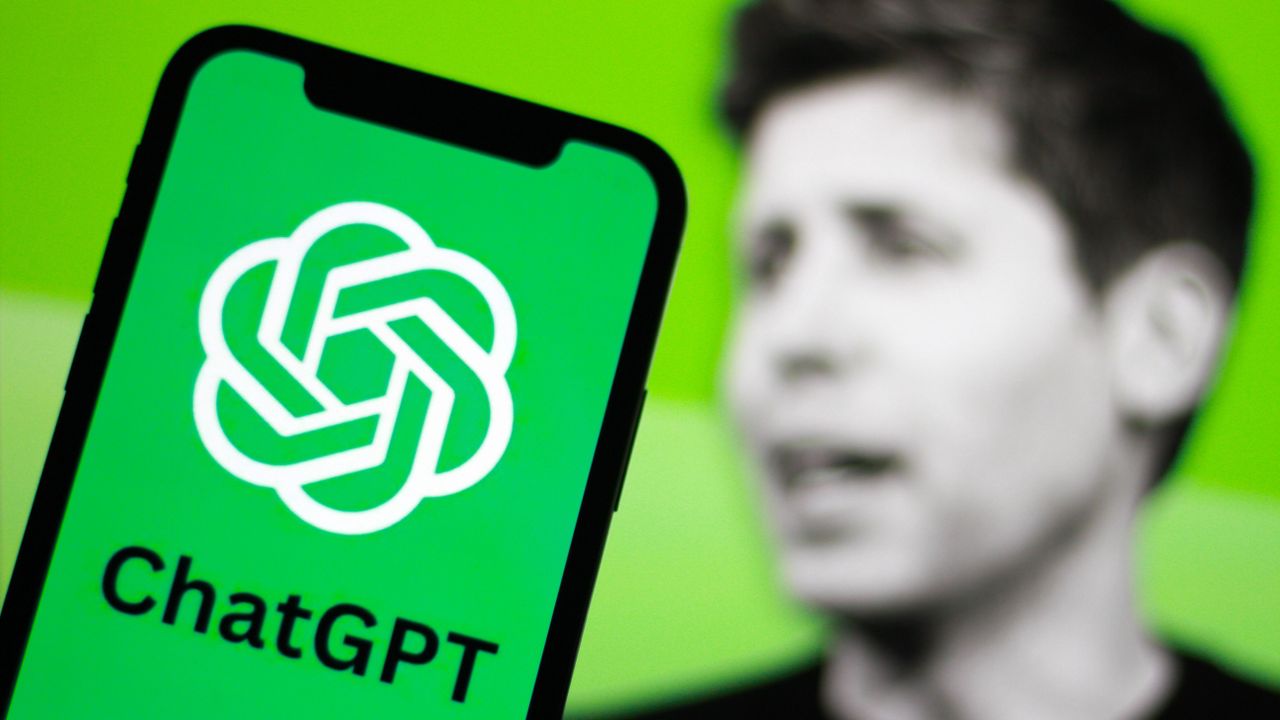ChatGPT users shocked to learn their chats were in Google search results
Faced with mounting backlash, OpenAI removed a controversial ChatGPT feature that caused some users to unintentionally allow their private—and highly personal—chats to appear in search results.
Fast Company exposed the privacy issue on Wednesday, reporting that thousands of ChatGPT conversations were found in Google search results and likely only represented a sample of chats "visible to millions." While the indexing did not include identifying information about the ChatGPT users, some of their chats did share personal details—like highly specific descriptions of interpersonal relationships with friends and family members—perhaps making it possible to identify them, Fast Company found.
OpenAI's chief information security officer, Dane Stuckey, explained on X that all users whose chats were exposed opted in to indexing their chats by clicking a box after choosing to share a chat.

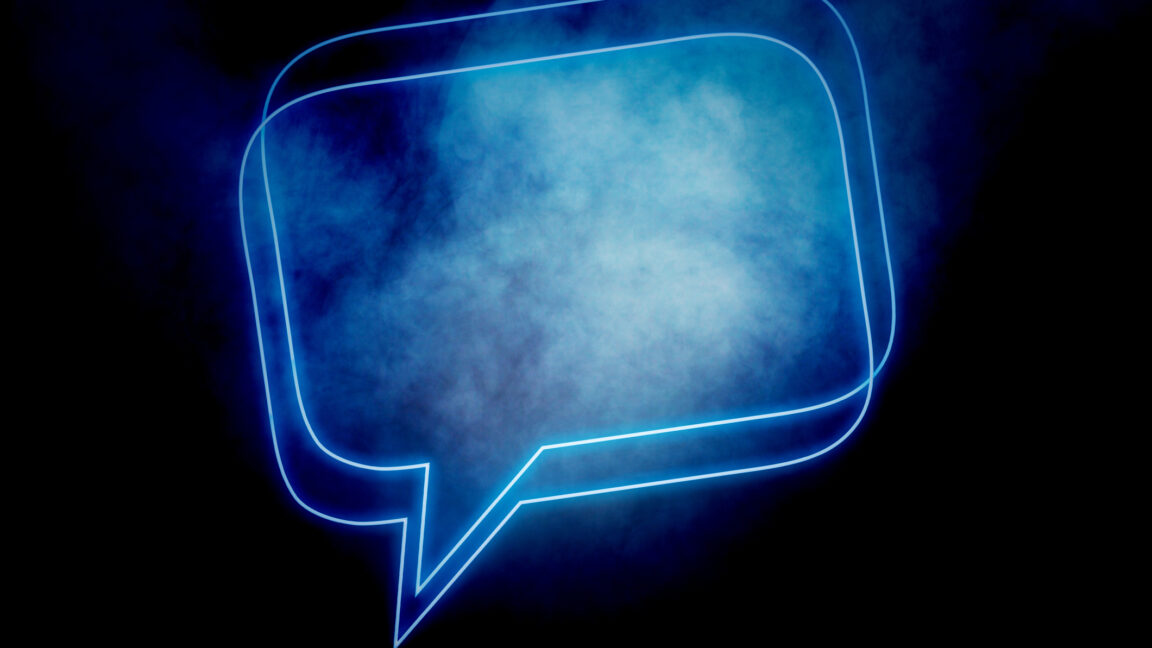
© Tim Robberts | Photodisc

